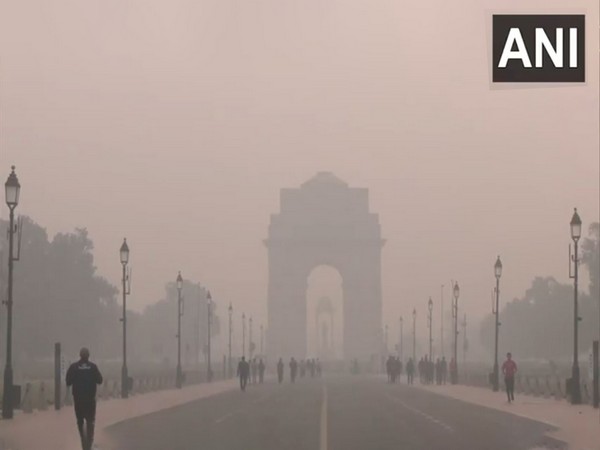Delhi Enforces Partial Remote Work Amid Alarming Air Quality Crisis
Amid deteriorating air quality, the Delhi government mandates a 50% remote work policy for its employees, with key services exempted. The city's Air Quality Index remains in the 'severe' category, prompting emergency measures such as potential cloud seeding to combat pollution.

- Country:
- India
As air quality in Delhi plummets to alarming levels, the city government has announced a new policy mandating that all government offices operate with only 50% of their staff present on-site. The remaining employees are to work remotely as officials strive to mitigate public health risks. Key services such as healthcare and sanitation are exempt from this directive.
The decision follows directives from the Commission for Air Quality Management (CAQM) and aligns with a Supreme Court order aimed at addressing the escalating pollution problem. Delhi's air quality has hit the 'severe' category, with an Air Quality Index (AQI) reading of 424, surpassing safe exposure levels.
Environment Minister Gopal Rai has urged an emergency meeting to discuss cloud seeding as an urgent intervention. This, coupled with the Graded Response Action Plan (GRAP) Stage-IV enforcement, which includes truck bans and halted construction, underscores the gravity of the pollution crisis. Such measures aim to restore air quality to manageable levels.
(With inputs from agencies.)










